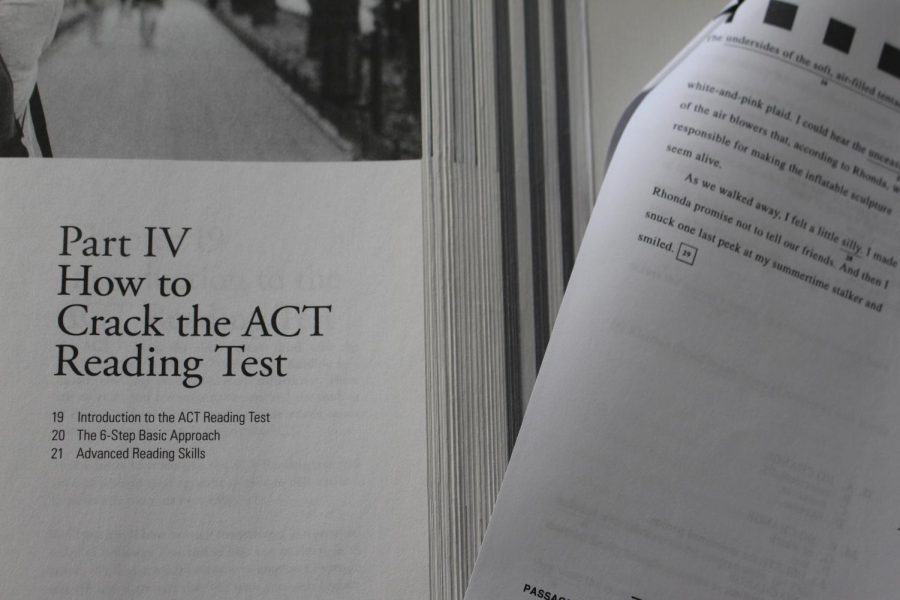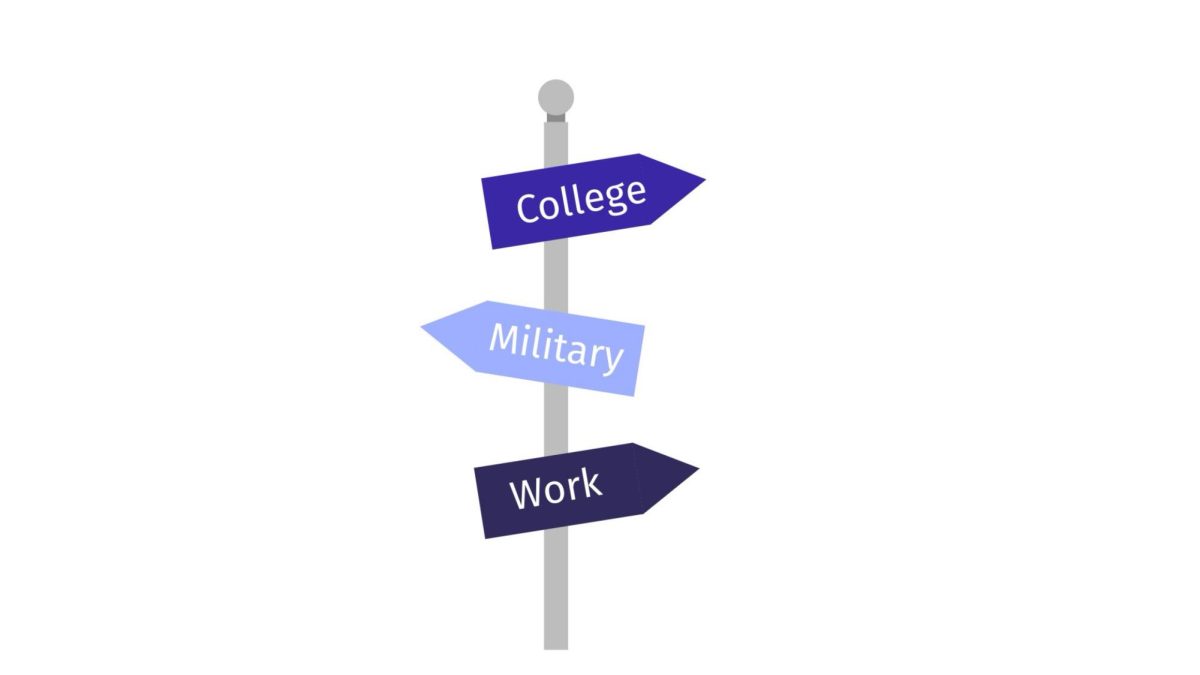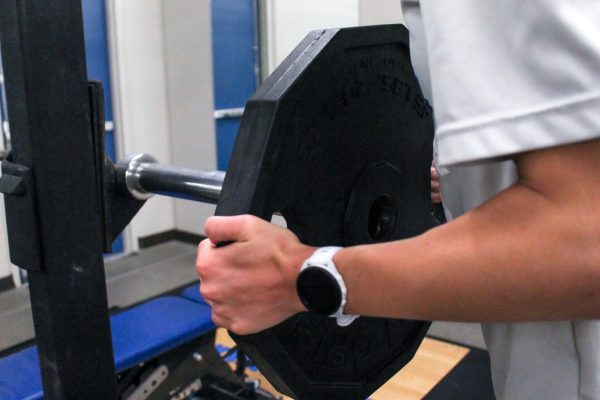A Score Does Not Define You
March 3, 2023
Most juniors took the ACT yesterday. A three-hour exam, testing your knowledge in English, math, reading, and science with a challenging 215 questions. But does the ACT actually test your knowledge? Or does it test how good of a test-taker you are?
I grew up knowing that the ACT is meant to trick you with its challenging questions, and I still get told that while doing practice tests in classes. I always thought of the ACT as a negative thing, and quite frankly it is.
I remember my older sister stressing about her ACT score like it was her life. All to get those extra points that somehow make a difference.
Your ACT score does not define you.
I remember taking my practice test early this year and feeling so defeated before I even walked into the room. I got my score back from it and I remember my heart sinking to my stomach. But I thought to myself a little more and realized there is no reason to stress out about a score.
As someone who is not a good test taker, I have never felt confident in my knowledge while taking any test. Whether it’s a three question quiz or a 50-question final exam. I never feel like I can do it.
This does not make me a bad student. I am a student who always gets As and ’s in my classes and I am a student who always turns in my work on time.
So why would one test define how knowledgeable a student is? There is so much more knowledge that comes from a student than a score on a paper.
Thankfully some local colleges are changing to test-optional. For example, Kansas State University and the University of Kansas both changed to test optional. This means you can apply without an ACT or SAT score.
You can apply to both admission and scholarships without an ACT or SAT score. This is extremely helpful for students who are not good at standardized tests. I feel like this is more fair and helpful for students who have good grades but don’t have a good ACT score.
Knowing how to fix a car, knowing how to braid your hair, knowing how to have a conversation with someone, how to write in cursive or how to code a computer.
I would consider all of those things more valuable knowledge than knowing to circle the one with a comma or the one without a comma or somehow knowing how much nitrogen you are going to have at the end of your experiment by only looking at a graph.








